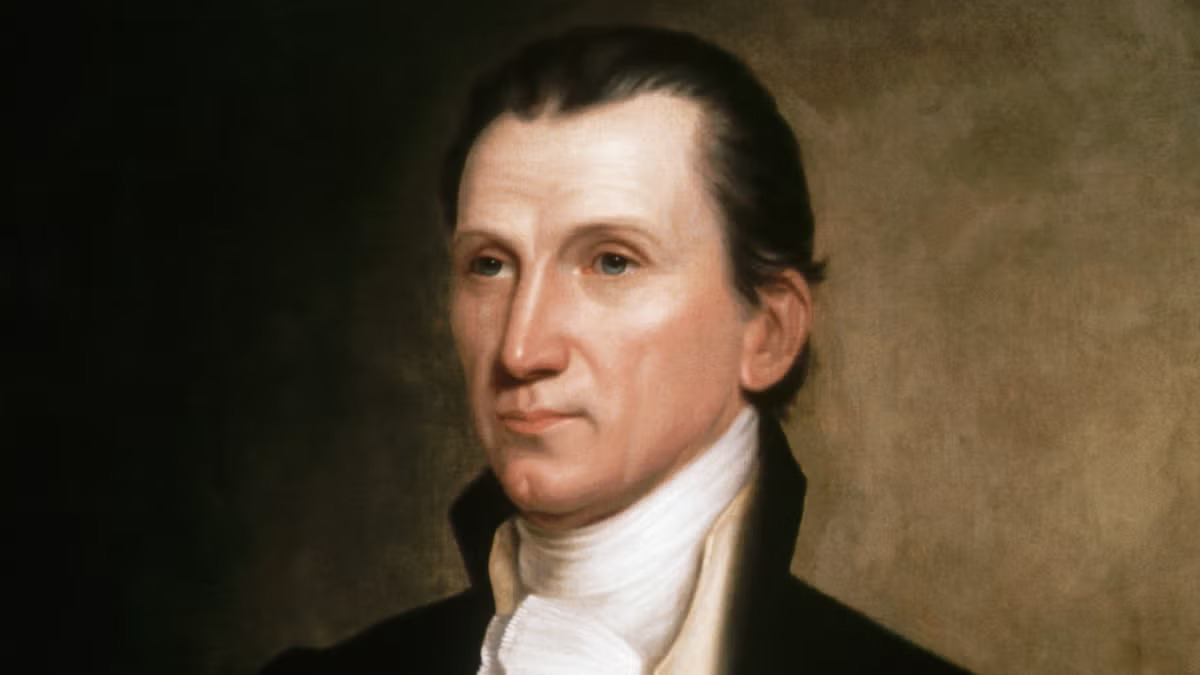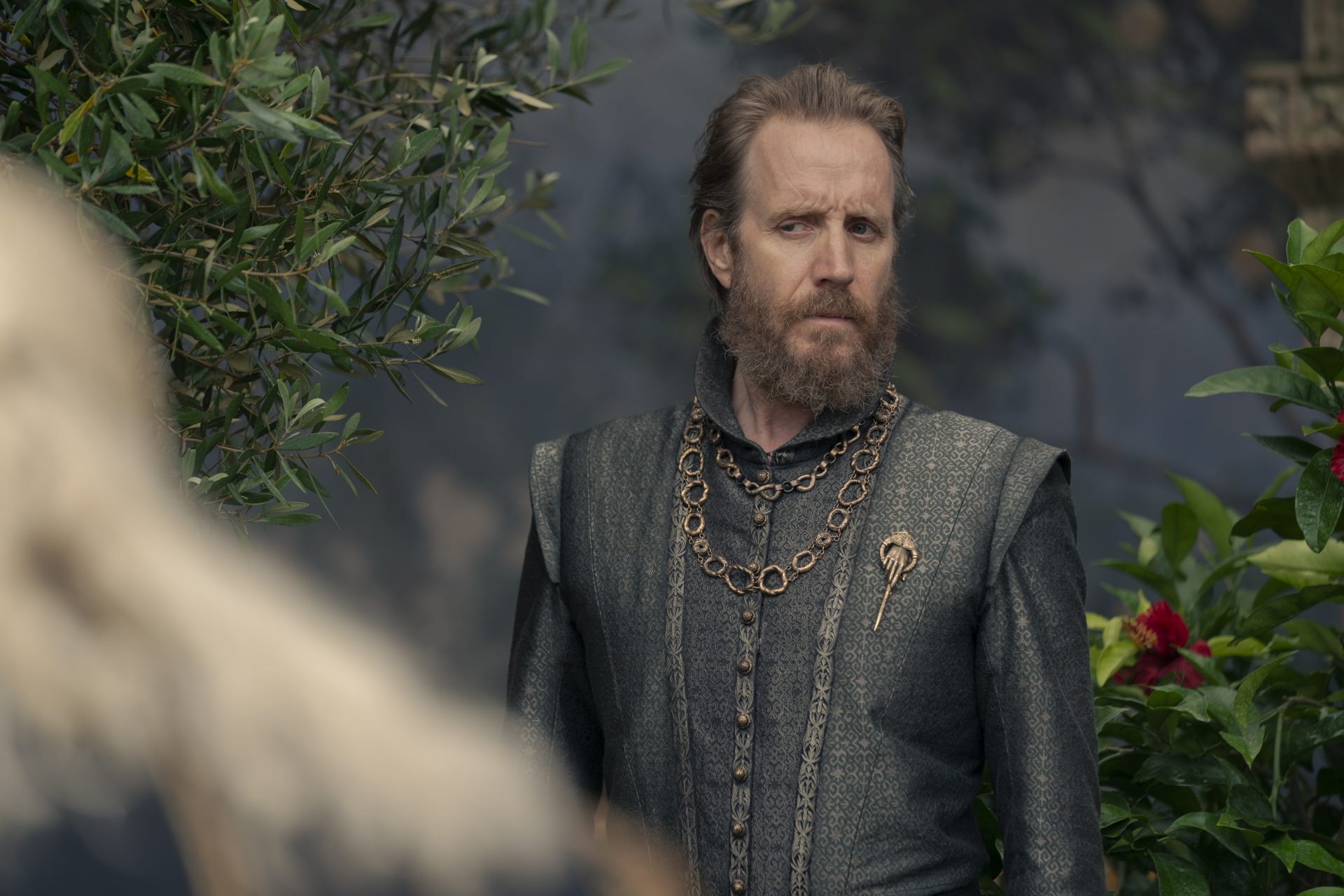
Who was President James Monroe? James Monroe, the fifth President of the United States, served from 1817 to 1825. Known for the Monroe Doctrine, he played a crucial role in shaping early American foreign policy. Monroe's presidency marked the "Era of Good Feelings," a period of national unity following the War of 1812. Before becoming president, he held various political positions, including Governor of Virginia, Secretary of State, and Secretary of War. Monroe also fought in the American Revolutionary War, showcasing his dedication to the young nation. His legacy includes the acquisition of Florida from Spain and the Missouri Compromise, which attempted to balance free and slave states. Monroe's contributions to the country remain significant, reflecting his commitment to American growth and stability.
Early Life and Education
James Monroe, the fifth President of the United States, had a fascinating early life that shaped his future leadership.
- Born on April 28, 1758, in Westmoreland County, Virginia, Monroe was the son of a prosperous planter.
- He attended the College of William and Mary but left in 1776 to join the Continental Army during the American Revolutionary War.
- Monroe was a student of law under Thomas Jefferson, which greatly influenced his political philosophy.
- He was wounded at the Battle of Trenton, where he served as a lieutenant.
Political Career Before Presidency
Monroe's political career began long before he became president, holding various significant positions.
- He served as a delegate to the Continental Congress from 1783 to 1786.
- Monroe was a U.S. Senator from Virginia from 1790 to 1794.
- He held the position of Minister to France from 1794 to 1796, navigating complex diplomatic waters.
- Monroe also served as Governor of Virginia from 1799 to 1802 and again from 1811.
Presidency and Major Achievements
Monroe's presidency, known as the "Era of Good Feelings," was marked by significant accomplishments and national growth.
- Elected as the fifth president in 1816, Monroe served two terms from 1817 to 1825.
- His presidency is best known for the Monroe Doctrine, a policy opposing European colonialism in the Americas.
- Monroe oversaw the acquisition of Florida from Spain in 1819.
- He supported the Missouri Compromise of 1820, which balanced the power between slave and free states.
- Monroe was the last president who was a Founding Father of the United States.
Personal Life and Legacy
Monroe's personal life and legacy continue to be remembered and celebrated.
- He married Elizabeth Kortright in 1786, and they had three children together.
- Monroe was known for his modesty and often wore simple, unadorned clothing.
- He died on July 4, 1831, making him the third president to die on Independence Day.
- Monroe's home, Highland, is a historic site open to the public in Virginia.
- He is honored with a statue in Richmond, Virginia, and his face appears on the $2,500 Series EE Savings Bond.
Interesting Tidbits
Some lesser-known facts about Monroe add depth to his character and presidency.
- Monroe was the first president to travel by steamboat.
- He was the last president to wear a powdered wig tied in a queue.
- Monroe's presidency saw the first Seminole War, which led to the eventual removal of Native Americans from Florida.
- He was the only president to have a foreign capital named after him—Monrovia, the capital of Liberia.
- Monroe was a key figure in the establishment of the University of Virginia, alongside Thomas Jefferson.
Contributions to American Culture
Monroe's influence extended beyond politics into American culture and society.
- He was a strong advocate for the American System, which aimed to develop a strong national economy.
- Monroe supported the creation of the Cumberland Road, the first major improved highway in the United States.
- He promoted the arts and sciences, believing they were essential to the nation's progress.
- Monroe's administration saw the establishment of the U.S. Military Academy at West Point as a premier institution.
Challenges and Controversies
Monroe's presidency was not without its challenges and controversies.
- The Panic of 1819 was the first major financial crisis in the United States, occurring during Monroe's presidency.
- He faced criticism for his handling of the Seminole Wars and the treatment of Native Americans.
- Monroe's support for the Missouri Compromise was controversial, as it temporarily resolved the issue of slavery but foreshadowed future conflicts.
Post-Presidency Life
After leaving office, Monroe continued to contribute to public life and remained active in politics.
- He served as a regent for the University of Virginia.
- Monroe was involved in the Virginia Constitutional Convention of 1829-1830.
- He struggled financially in his later years, selling his estate to pay off debts.
- Monroe lived with his daughter in New York City during his final years.
Fun Facts
Some fun and quirky facts about Monroe add a human touch to his historical image.
- Monroe was known for his love of horseback riding and often rode for hours.
- He was an avid reader and had a personal library of over 3,000 books.
- Monroe enjoyed gardening and spent much of his free time tending to his estate.
- He was a skilled violinist and often played music with his family.
- Monroe was a fan of French cuisine, a taste he acquired during his time as Minister to France.
- He was known for his hospitality and often hosted elaborate dinners at the White House.
Monroe's Legacy Lives On
James Monroe's legacy remains significant in American history. His presidency, marked by the Monroe Doctrine, shaped U.S. foreign policy for generations. Monroe's efforts in expanding the nation through the Louisiana Purchase and the Missouri Compromise showcased his commitment to growth and unity. His contributions to the American Revolution and his roles as a diplomat and statesman further solidified his place in history.
Monroe's dedication to public service and his vision for a strong, united country continue to inspire. From his early days as a soldier to his presidency, Monroe's life was a testament to perseverance and leadership. His impact on the nation is undeniable, and his legacy endures in the principles and policies that still guide the United States today. Monroe's story is a reminder of the enduring power of dedication and vision in shaping a nation's future.
Was this page helpful?
Our commitment to delivering trustworthy and engaging content is at the heart of what we do. Each fact on our site is contributed by real users like you, bringing a wealth of diverse insights and information. To ensure the highest standards of accuracy and reliability, our dedicated editors meticulously review each submission. This process guarantees that the facts we share are not only fascinating but also credible. Trust in our commitment to quality and authenticity as you explore and learn with us.


